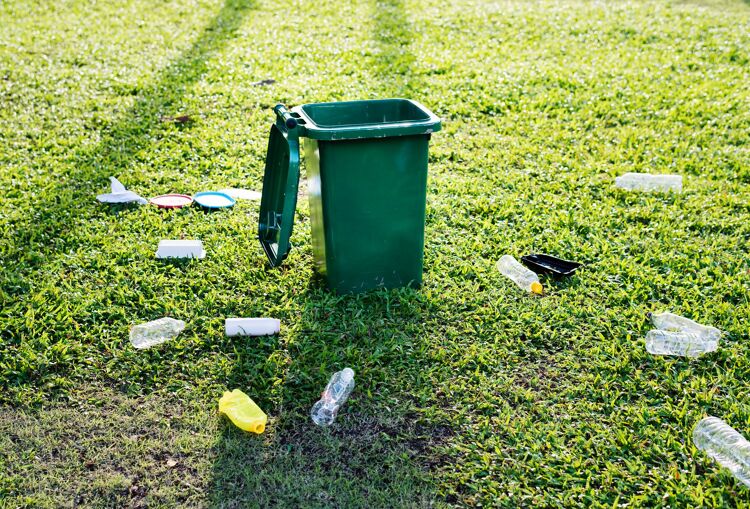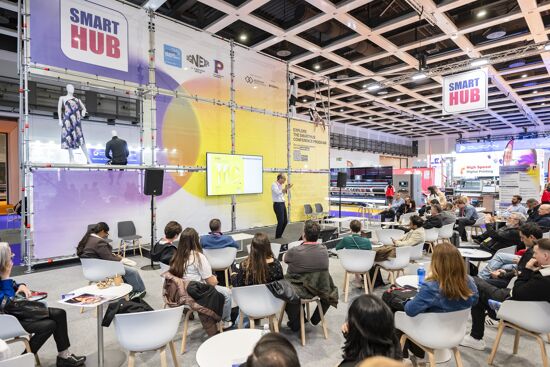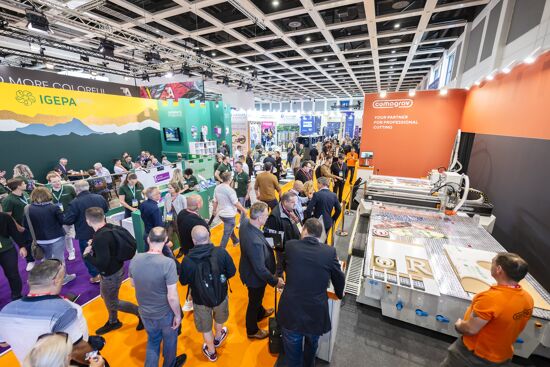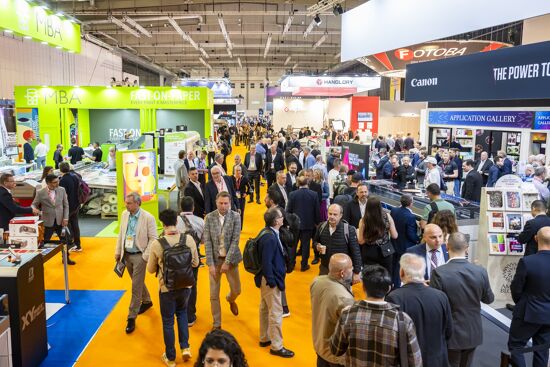Unilever and Veolia partner to improve recycling infrastructures

Laurel Brunner discusses the partnership between Unilever and Veolia who are looking to monetise waste more efficiently to improve recycling processes for plastics recycling and recovery.
After several years of environmental dithering, things are beginning to progress and change. One of the world’s largest corporations, Unilever has signed a significant deal with Veolia. Veolia offers services to local governments in water, waste, transport and energy management. Unilever is working with Veolia to better local recycling infrastructures, particularly for plastics recycling and recovery.
Sorting waste for subsequent processing is one of the most difficult issues to solve. Plastics are challenging because there are so many different kinds. Currently, there are technologies that can manage some of the reprocessing in waste handling facilities. However, process efficiency starts with consumers and effective local recycling infrastructures. Unfortunately, consumers receive mixed messages about which plastics can and can’t be recycled in their region. Therefore, they are unavoidably inconsistent in their efforts. Unilever and Veolia’s partnership could potentially lay the foundations for substantial local improvements that support consumers and plastics recycling more efficiently. It is evident that integrated recycling and recovery requires leadership and practical commercial partnerships for waste sorting and processing.
Integrated waste management and recycling infrastructures are complex, pricey to develop and politically sensitive. However, as the value in waste recovery begins to be recognised, a whole business is growing up around extracting value. Plastic waste can be either recycled or reused, but the entire process must turn a profit or at least break even. This is exactly what Unilever and Veolia are exploring through their initiative.
The two organisations have a 3-year arrangement to conduct numerous pilot projects to determine how to improve the efficiency of existing waste collection systems. They will consider how to improve plastic waste collection and recycling infrastructures to create local circular economies that stop plastics getting into the wider environment. The project will commence in India and Indonesia where waste collection is informal. If all goes according to plan, the pilots will extend to other locations. Unilever and Veolia would like their model to be applicable anywhere and for any type of waste.
This partnership supports Unilever’s existing commitments to sustainable packaging and is a big step. It recognizes the shared responsibility amongst the sources of plastic packaging waste and waste handlers to work locally to manage the value chain more efficiently. At the moment, only 14% of plastic packaging is collected for recycling and around 75% ends up either in landfill or is lost in the environment. If Unilever and Veolia can determine how to monetise waste more effectively then these numbers should change drastically and rapidly.
Source: This article was produced by the Verdigris project, an industry initiative intended to raise awareness of print’s positive environmental impact. This commentary helps printing companies keep up to date with environmental standards, and how environmentally friendly business management can help improve their bottom lines. Verdigris is supported by the following companies: Agfa Graphics, Spindrift.click, EFI, FESPA, HP, Kodak, Kornit Digital, Ricoh, Splash PR, Unity Publishing and Xeikon.
Topics
Interested in joining our community?
Enquire today about joining your local FESPA Association or FESPA Direct
Recent news

Industry Experts Explore the Evolution of Smart Manufacturing in the Textile Industry
A FESPA SmartHUB roundtable at Personalisation Experience 2025 discussed smart manufacturing's transformative impact on the textile industry. Experts highlighted the shift to on-demand customisation, driven by digital printing, data analytics, and automation. Key takeaways included enhanced machine control, significant waste reduction through intelligent software and colour management, and improved sustainability via energy efficiency and near-shoring, ensuring agility and environmental responsibility in textile production.

FESPA 2025 gathers leading visionaries from across the speciality print industry in Berlin
FESPA Global Print Expo 2025, European Sign Expo and Personalisation Experience (6 – 9 May 2025, Messe Berlin, Germany) welcomed Visionaries from across the speciality print industry to shape the future of print, develop forward-thinking business strategies, and explore innovative ways to translate emerging industry trends into tangible growth opportunities.

Exploring Cutting-Edge Textile Printing Innovation with Adobe Print Engine 7
Adobe PDF Print Engine 7, launched at FESPA Global Print 2025, significantly advances textile printing. Debbie McKeegan shares how it automates non-white substrate management and RGB colour handling, expands colour gamuts with in-RIP multicolour transparency blending, and streamlines workflows for efficiency and sustainability. This update boosts customisation, reduces waste, and positions businesses at the forefront of digital print innovation.

FESPA Global Print Expo 2025 - Overall Highlights
FESPA Global Print Expo, Europe's leading print and signage exhibition returned to Messe Berlin from 6 - 9 May 2025.